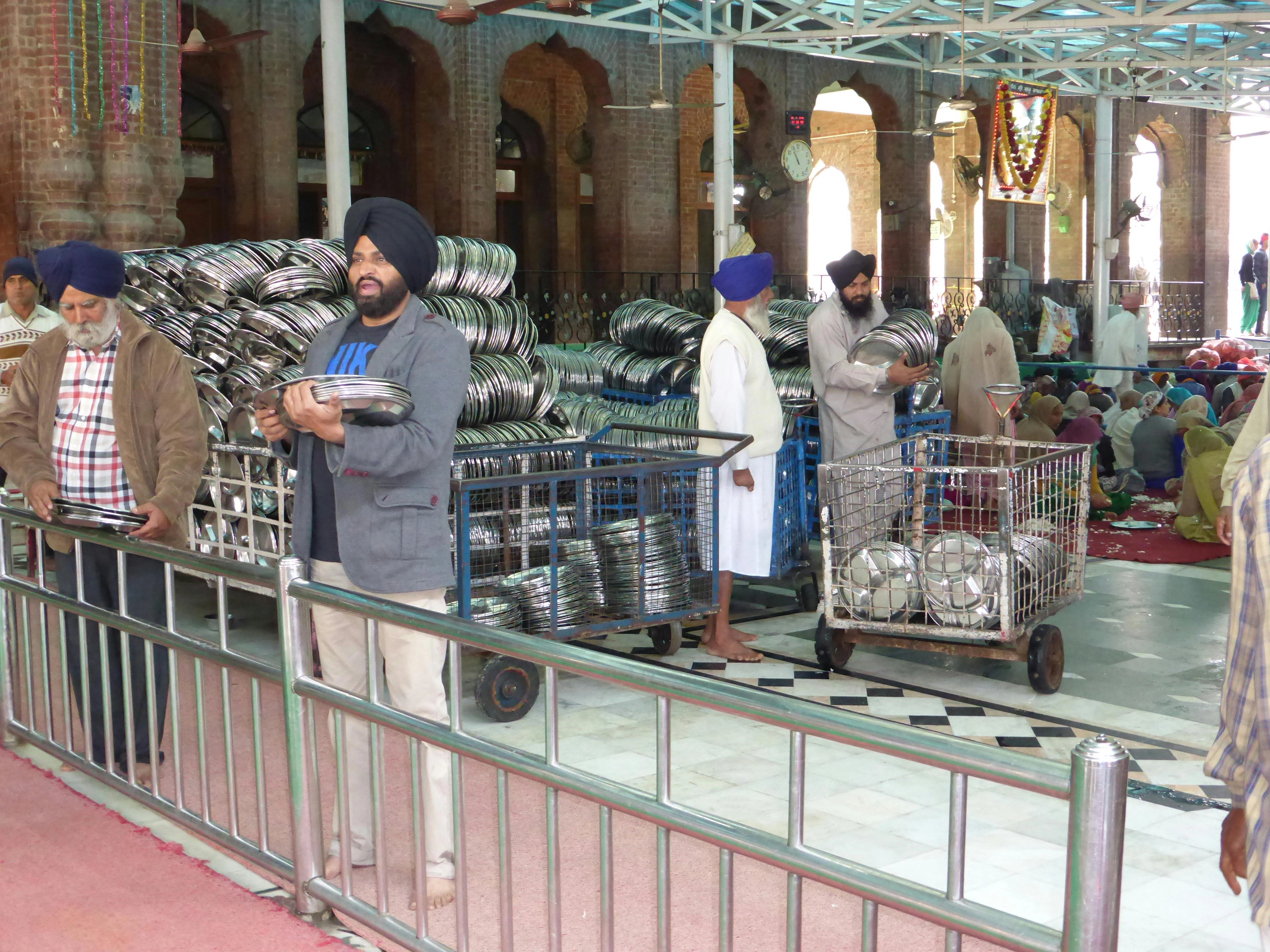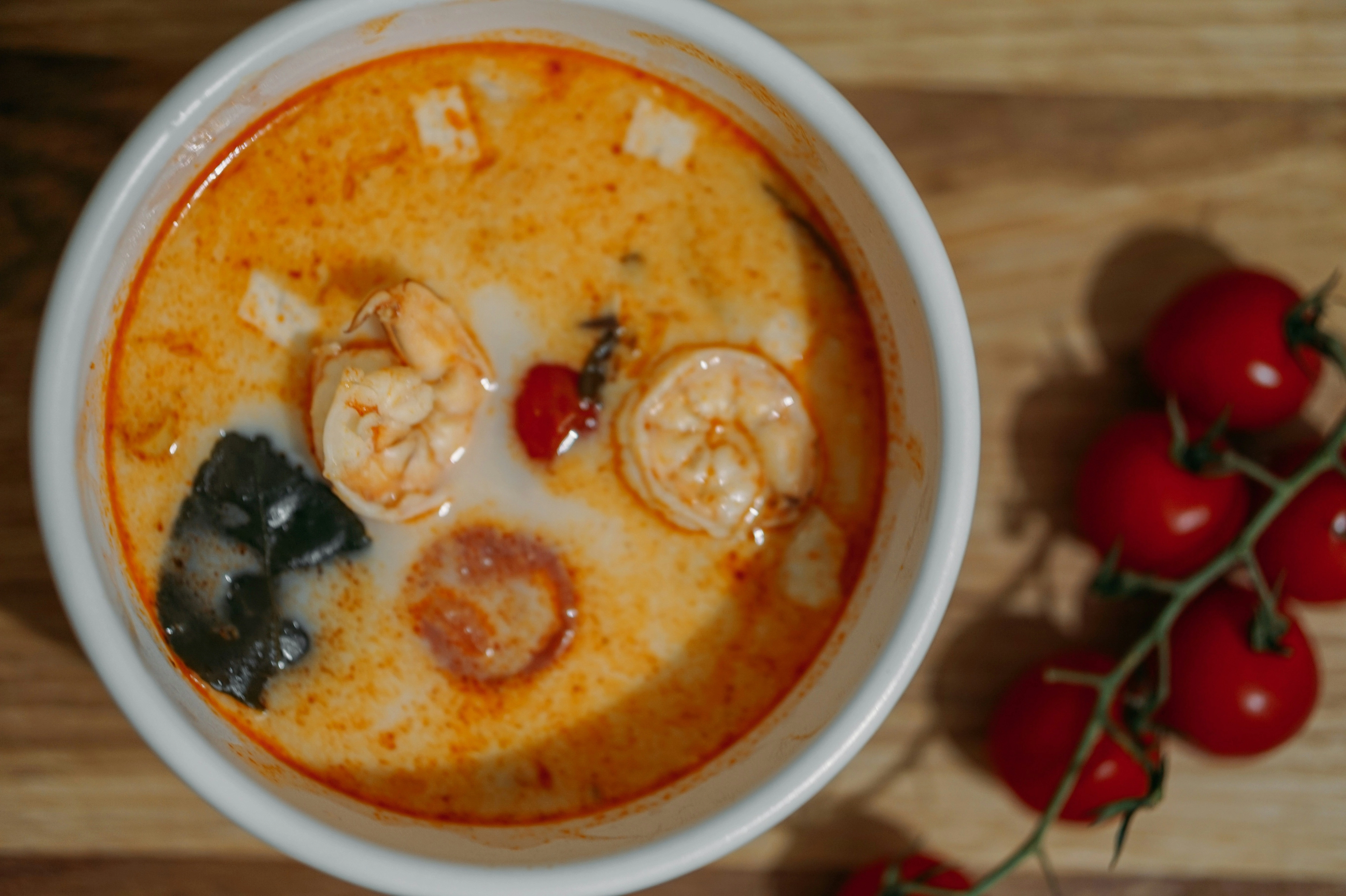Seva On A Thali: Inside The Soulful Simplicity Of Langar Food
Langar, a traditional practice in Sikhism, embodies the spirit of selfless service and communal harmony through the simple act of sharing a meal. Originating from the teachings of Guru Nanak, the founder of Sikhism, langar serves as a profound reminder of equality, as it welcomes individuals from all walks of life to partake in a communal meal without any discrimination. The essence of langar is encapsulated in its very simplicity: a thali, or plate, filled with basic yet wholesome vegetarian food, such as dal, roti, and seasonal vegetables, prepared with love and care by volunteers. This practice not only nourishes the body but also feeds the soul, fostering a sense of community and belonging.
The preparation of langar is a collective effort, bringing together people of diverse backgrounds to cook, serve, and clean. This communal kitchen, or “langar hall,” is a vibrant space where the act of cooking transcends beyond mere sustenance; it becomes an expression of devotion and a demonstration of the Sikh principle of seva, or selfless service. Volunteers from various backgrounds come together to chop vegetables, cook massive pots of lentils, and roll out hundreds of rotis, all with the singular goal of serving others. This shared experience creates bonds that go beyond social, economic, or cultural divides, reinforcing the idea that everyone is equal at the table.
The significance of langar extends beyond its immediate purpose of providing meals; it also plays a crucial role in promoting social justice and equality. In a world where hunger and poverty are prevalent, langar stands as a beacon of hope, offering food to the hungry without any strings attached. It is not just a meal; it is a message of compassion and solidarity that encourages individuals to contribute, whether by volunteering their time or donating resources. The practice of langar serves as a powerful reminder that we are all interconnected, and through acts of kindness and generosity, we can uplift one another.
Furthermore, langar’s impact is felt far beyond the walls of the gurdwara, or Sikh temple. Many Sikh communities have taken the principles of langar to various corners of the world, setting up food distribution programs and outreach initiatives to help those in need. This outreach reflects the commitment of the Sikh community to serve humanity irrespective of caste, creed, or religion. Whether it’s providing meals during natural disasters or feeding the homeless in urban centers, the spirit of langar continues to inspire countless individuals to take action and make a difference in their communities.
In essence, langar food is much more than just a meal; it is a celebration of humanity, compassion, and unity. The soulful simplicity of a thali filled with nourishing food serves as a powerful reminder of our shared responsibility to care for one another. As we partake in this communal feast, we not only satisfy our hunger but also nurture our spirits, reinforcing the belief that when we come together in service, we create a world that is more inclusive, loving, and harmonious for all.




